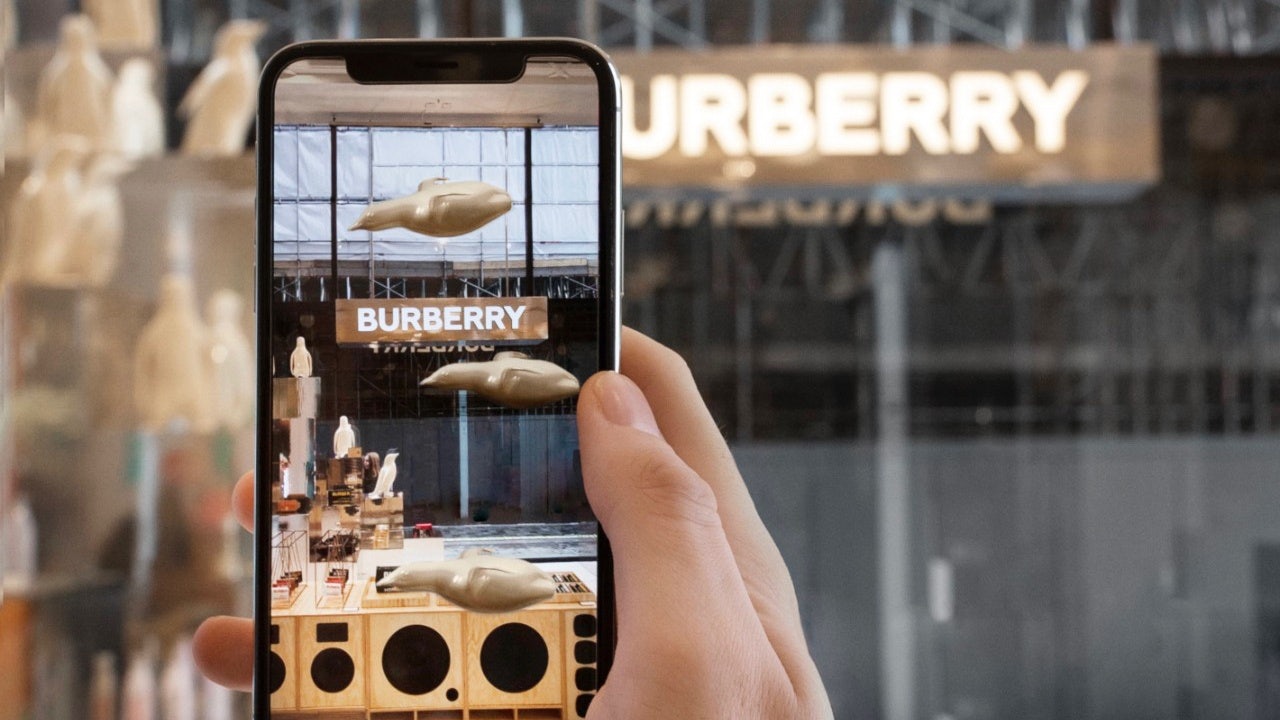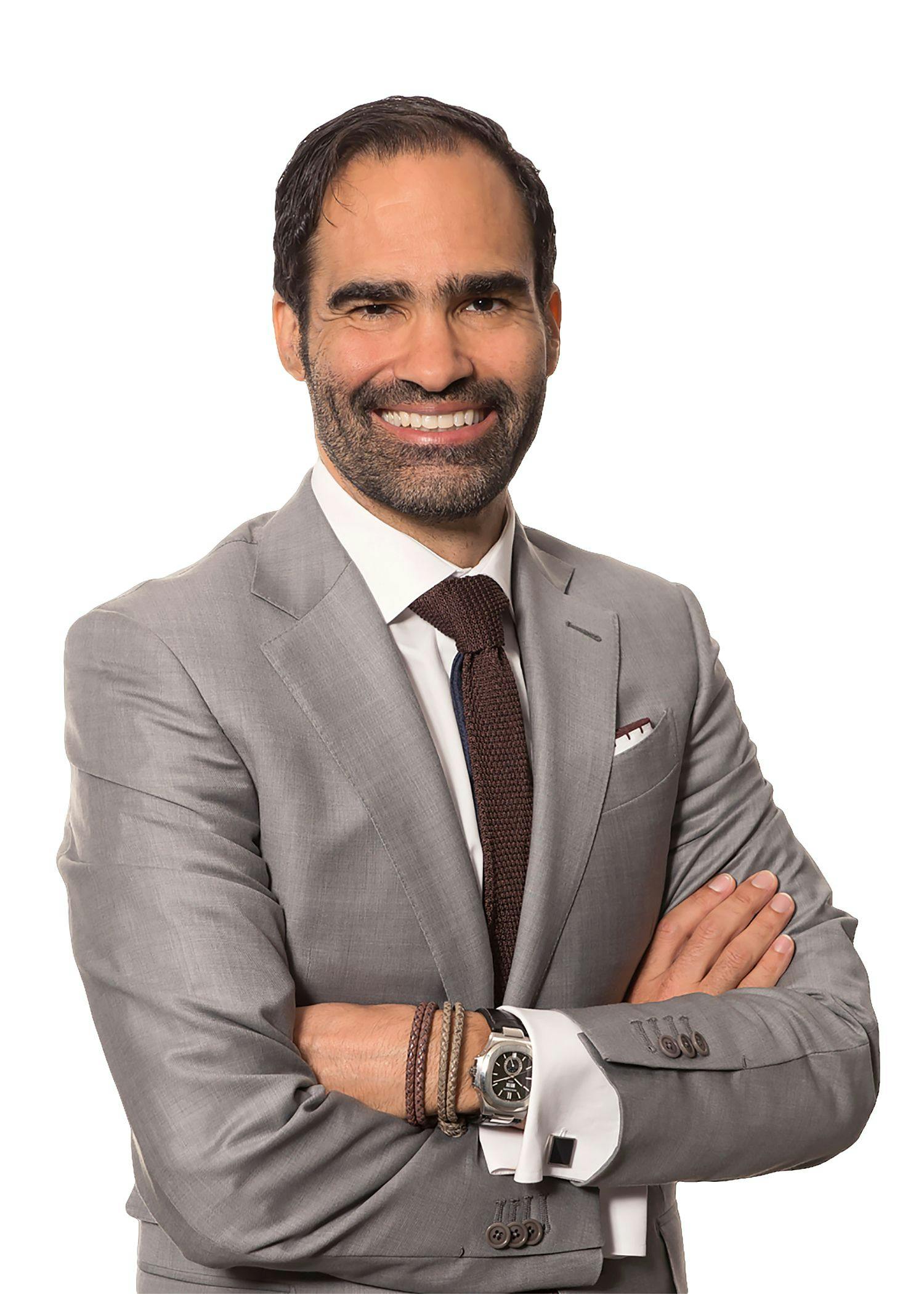Key Takeaways:#
Sadly, most online luxury experiences closely resemble each other — from website design to merchandise display and descriptions of the checkout process.
In China, the world’s leading e-commerce market, almost 45 percent of all purchases were conducted online in 2020, and 95 percent of luxury purchases there are influenced by the digital customer journey.
Radical customer-centricity is even more crucial with Generation Z, a new customer group that values memories and experiences even more than previous generations.
Luxury is the perception of extreme value through a brand's products and services. Therefore, to receive a true luxury experience, a customer must feel something exceptional.
That's why the best brands in the world offer extremely personalized services to their best clients in special sections of their stores, the privacy of their homes, and at curated events — far away from regular customers. And, as importantly, they are always given utmost personalization of all aspects of the experience. In other words, true luxury is never transactional but needs a high degree of personalization and sophistication.
And yet, most luxury brands don’t offer the same personalized services in their digital shopping experiences as they do at their highest level human-to-human experiences. Instead, practically all e-commerce approaches developed today are transactional approaches, not individualized experiences on a digital platform. That, in my opinion, is a huge mistake.
Many luxury brands remained distant to digital sales, only feverishly trying to catch up over the past five years, accelerated even more by the pandemic. Yet, practically no brand developed the same personalized approach across their digital platforms as they provide with the physical experiences.
In fact, most online “luxury” experiences closely resemble each other. In a recent digital audit, I found that the digital experience of twenty of the leading luxury brands across categories was practically identical — from website design to merchandise display and descriptions of the checkout process.
Then, their products get shipped via third-party shipping companies — often a slower and less convenient process than mass-retailer shipping from companies like Amazon, for example. Following the purchase, customers often get spammed with email marketing campaigns in an attempt to lure them into their next purchase. The entire experience is transactional and without any brand differentiation other than product or image designs.
Smaller brands, in particular, lose an important chance for differentiation by relying on templated e-commerce providers, which make almost all e-stores look and feel similar. What gets lost without personalized experiences is the brand magic. That matters because e-commerce is on the rise.
In China, the world’s leading e-commerce market, almost 45 percent of all purchases were made online in 2020, according to Statista. While the UK (27.5 percent e-commerce share), the US (14.5 percent), and Germany (11.2 percent) are still lagging, e-commerce will account for more than half of luxury purchases by the end of this decade. And this means luxury brands that lose their edge with consumers due to their transactional digital approaches will be significantly vulnerable.
A new digital platform called Acuity is one of the first that is radically rethinking the personalized online approach. When I spoke to the CEO of this Hong-Kong based startup, Anastasios Papadopoulos, he boldly stated that “hyper-personalization is the future of digital luxury.”
He continued by explaining that his platform “is designed to allow brands, large or small, to put the individual customer experience at the center and break down past limitations of transactional e-commerce approaches. Powerful AI technologies allow for extremely personalized shopping experiences at scale. Consumers get exclusive content relevant to them, and the content changes dynamically depending on customer behaviors and preferences.”
Since the launch of his service, brands from all over the world have lined up with the hopes of offering their customers a completely different and more luxurious digital experience. “There is definitely a lot of interest as brands start to understand that the current way of executing digital marketing and e-commerce strategies has major shortcomings,” Papadopoulos shared.
Amid their day-to-day pressures, many brands forget that all that matters is how a brand creates desirability and differentiation across all customer touchpoints. So far, for many brands, digital was more a necessity than a source of competitive advantage. But this mindset needs to change. Instead of playing to play, luxury brands must strategize how their digital journey can provide much broader sources of customer delight, value, and inspiration through a distinct, customer-centric journey.
In the end, a luxury brand can only build up individual brand equity and loyalty if it creates lasting, positive memories. Those are never created by cookie-cutter approaches but rather a radical customer-centricity. And with Generation Z, a new customer group is rapidly emerging that values memories and experiences more than any previous generation.
The vast majority (up to 95 percent, according to Équité Research) of luxury purchases are influenced by the digital customer journey, whether this is through digital marketing, social media, key opinion leaders, livestreaming, or other digital channels and tools. This number is independent of the category, working similarly for luxury cars, fashion, jewelry, beauty, or hospitality, to name a few.
Therefore, the digital customer journey and the personalization of e-commerce experiences are no longer arbitrary; they are decisive for the rise or fall of brands. And with new hyper-personalized marketing and e-commerce platforms, the stack of luxury brand cards will soon get reshuffled. As such, nimble, front-running brands will have the opportunity to scale rapidly by digitally reinterpreting customer-centricity.
Daniel Langer is CEO of the luxury, lifestyle and consumer brand strategy firm Équité, and the professor of luxury strategy and extreme value creation at Pepperdine University in Malibu, California. He consults some of the leading luxury brands in the world, is the author of several luxury management books, a global keynote speaker, and holds luxury masterclasses in Europe, the USA, and Asia. Follow @drlanger



